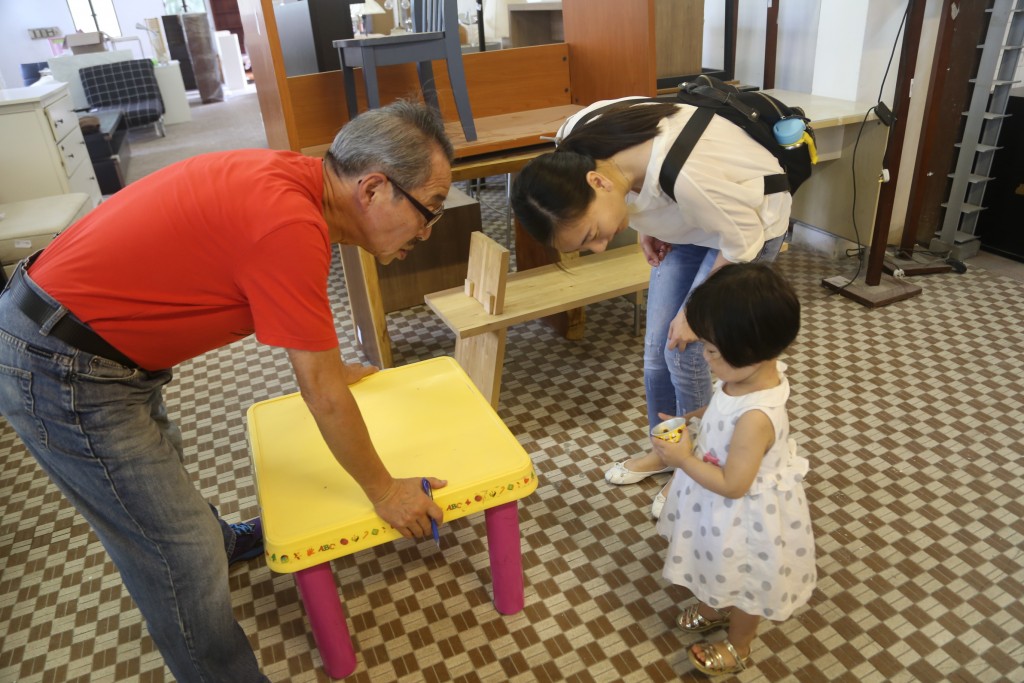“I was doing Grade 7 when my father was sentenced to life imprisonment,” recounts Bodiao. “Life came to a standstill as I stopped attending school because there was no one to pay for my school fees and other school requirements. My grandmother could not afford to pay the school fees as she was unemployed. The family only managed to have one meal per day and life became miserable.”
More than 60% of Zambians live below the international poverty line and food insecurity is rampant. As a result, malnutrition causes stunting in 35% of children and anemia in 60% of children under five. Health setbacks like this aren’t just a problem in the present; they can cause long-term developmental problems in the children they affect. Further, many children are unable to regularly attend school because of food insecurity or lack of clothing, not to mention paying tuition! Naturally, a family’s financial woes will only become more extreme if the breadwinner is incarcerated.
Bodiao felt alone and helpless after the arrest of his father left his family without income, but somebody was looking out for him. Our partner visited the prison where his father was incarcerated and made a record of all of the inmates who had children. Then they tracked down Bodiao and his family, and they helped with school fees, uniforms, and food costs. Bodiao was finally able to go back to school and earn his education!
But life doesn’t just come together because you manage to graduate high school. That’s why our partner continued to support Bodiao through skills training for a practical job that will be able to provide for him and his family in the future.
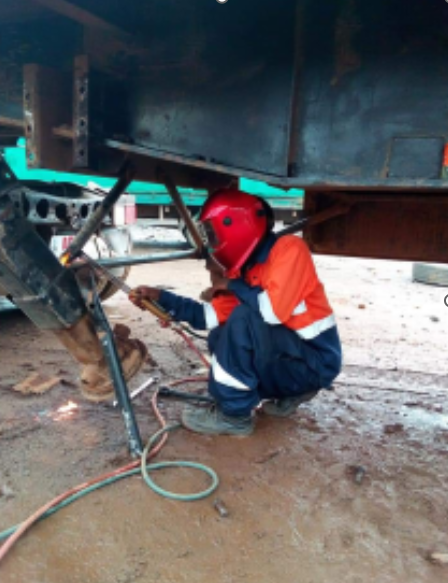
Our partner has committed themselves to the families of incarcerated Zambians. In addition to their programs which have helped thousands of children attend school, they also support communities with sustainable skills development, like conservation farming and crafting. They facilitate the creation of local banking groups, enabling the rural population to accumulate wealth instead of living at a subsistence level, and they do reach out to those who have been incarcerated, providing them with decent clothing and supplementing the prison rations with much-needed nutrition. These programs are bringing hope and prosperity to people who previously may have had none.
Recently, Crossroads has supported this partner’s efforts by sending a container with resources for their offices and to be distributed to the families whom they help. The shipment contained computers and clothing to equip students for school and to prepare professionals for the field, as well as furniture such as desks, mattresses, and bedding. We have also helped to supply them with wheelchairs and other mobility aids, as access to medical care in rural areas can be quite limited, and these items are rarely available.

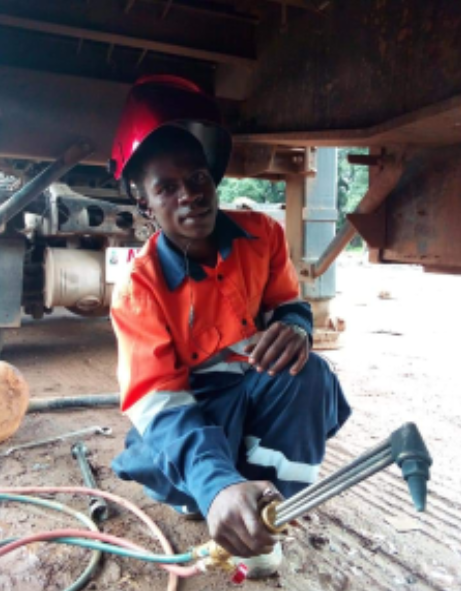
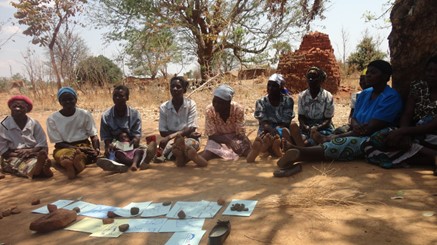
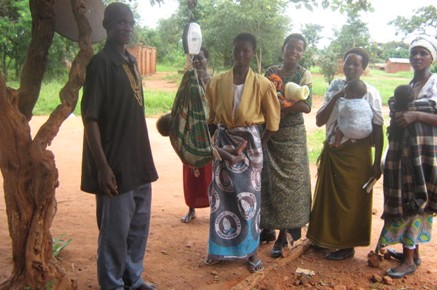
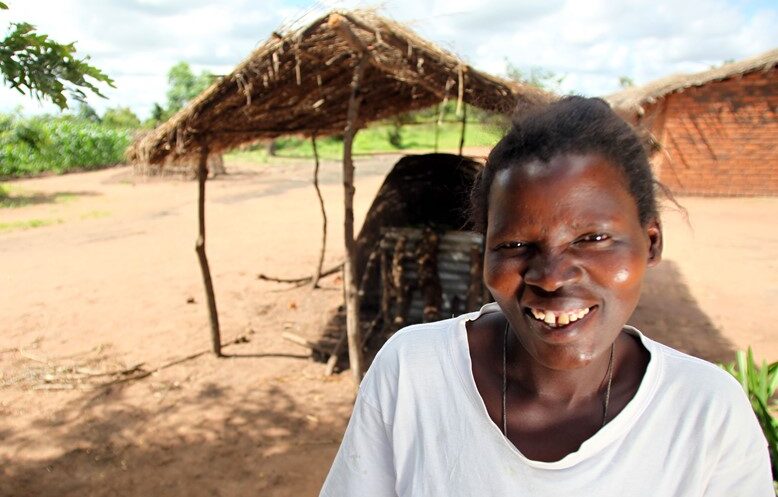
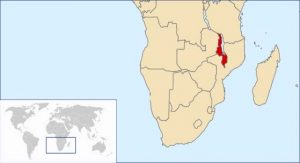
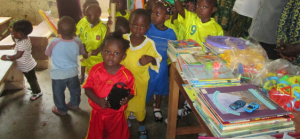
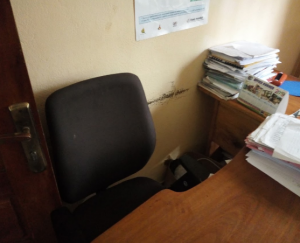
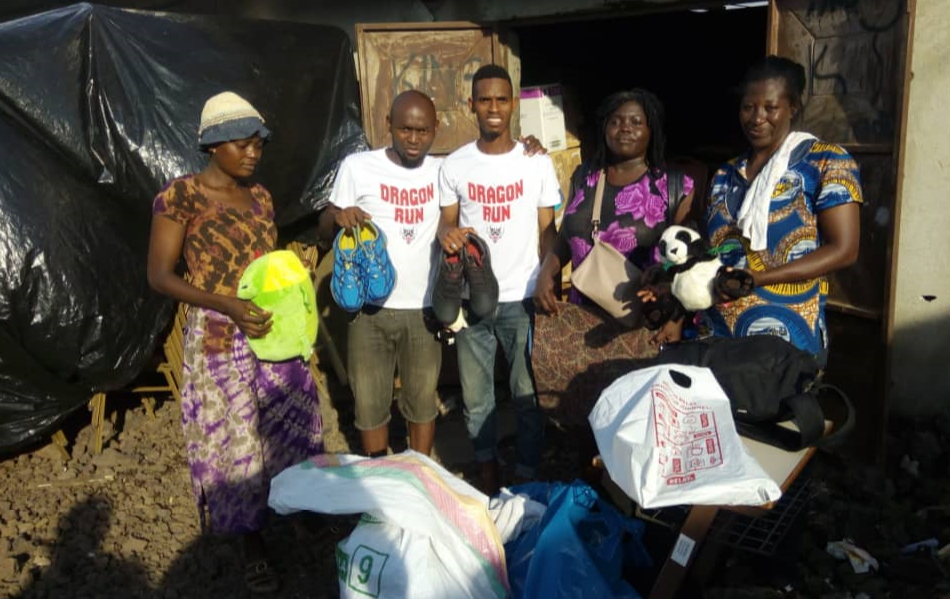
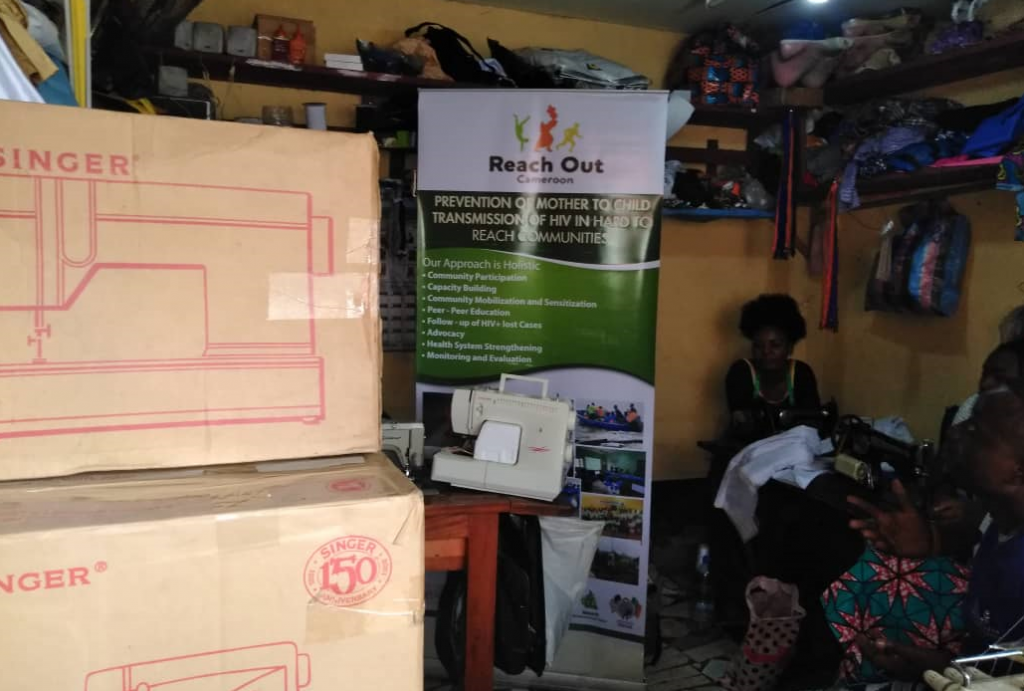
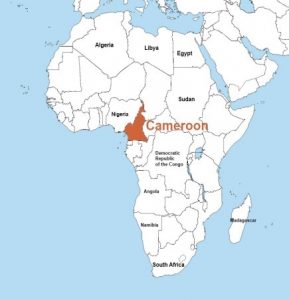
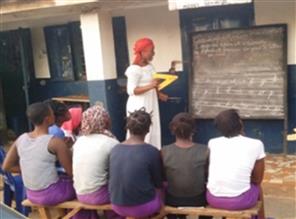

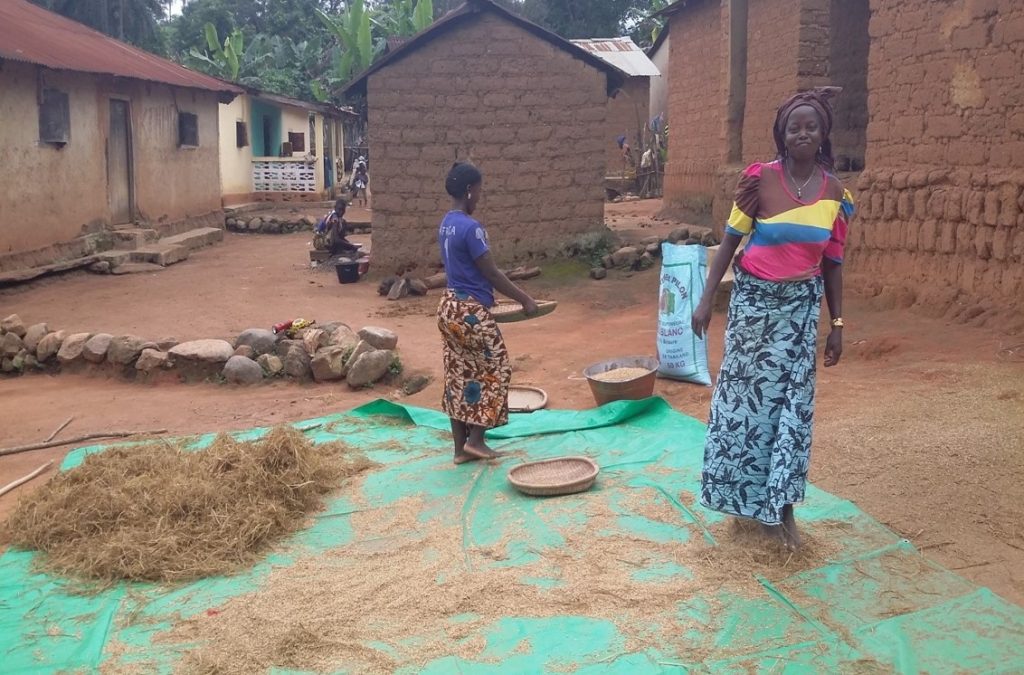

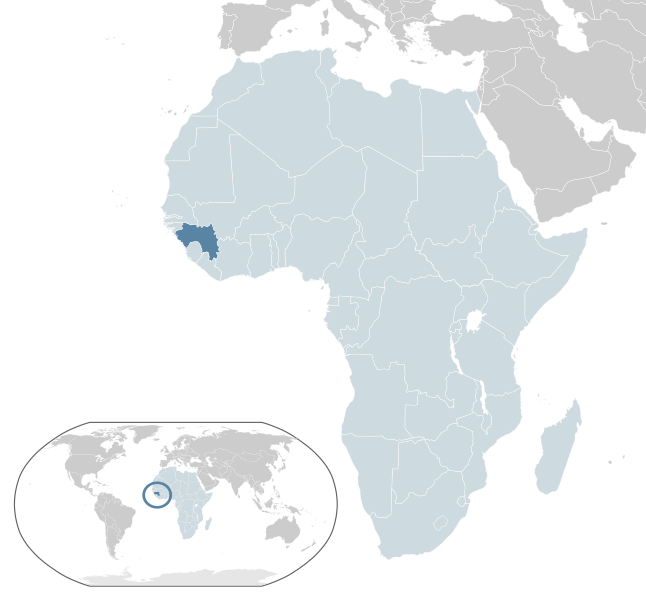
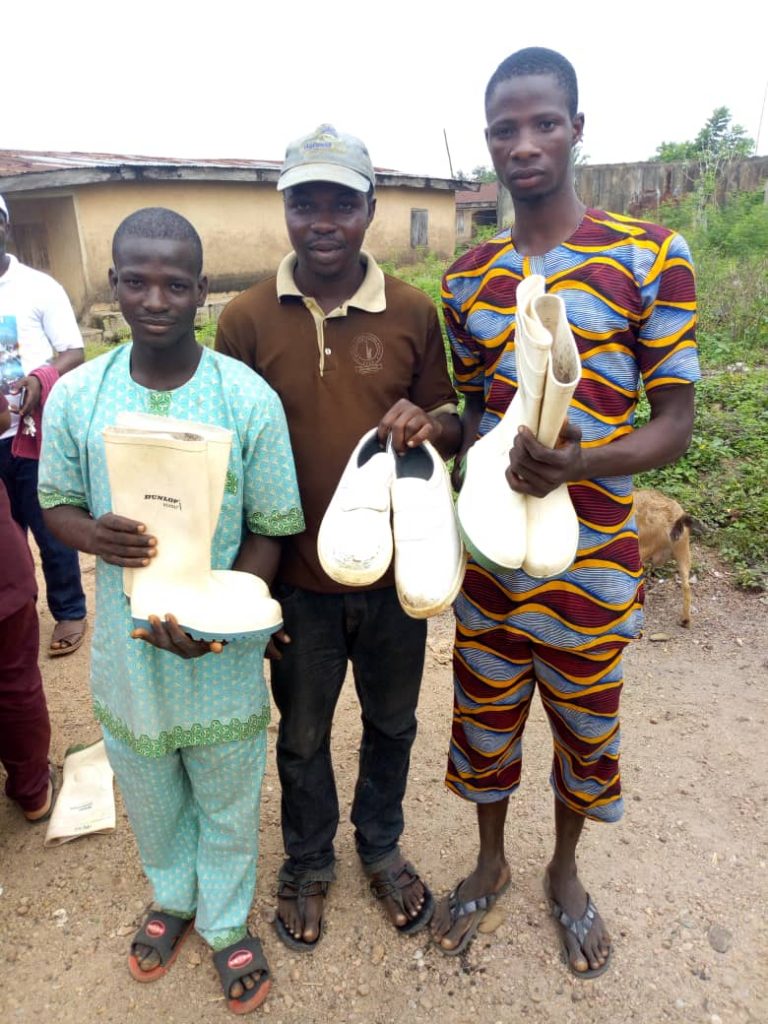
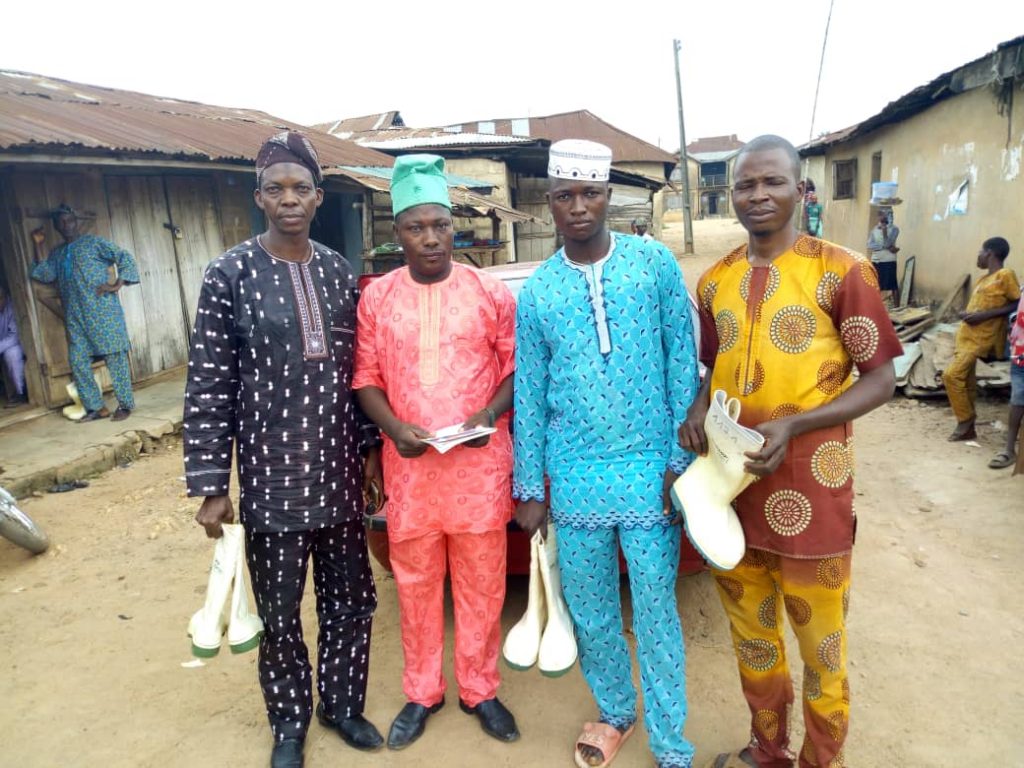
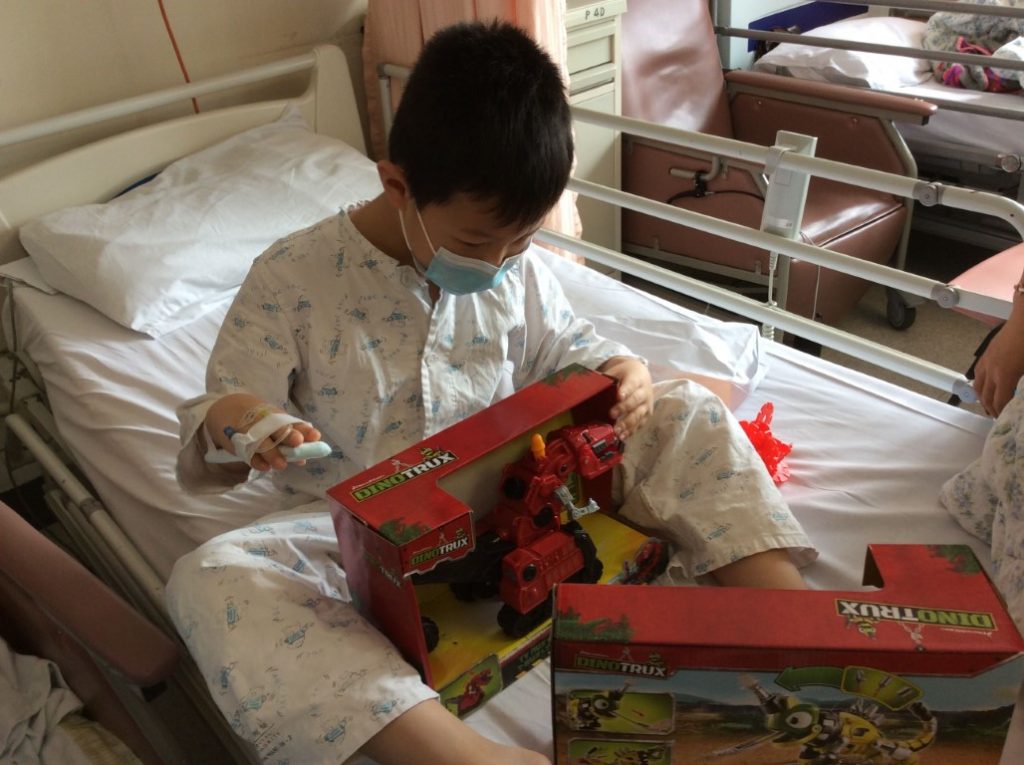
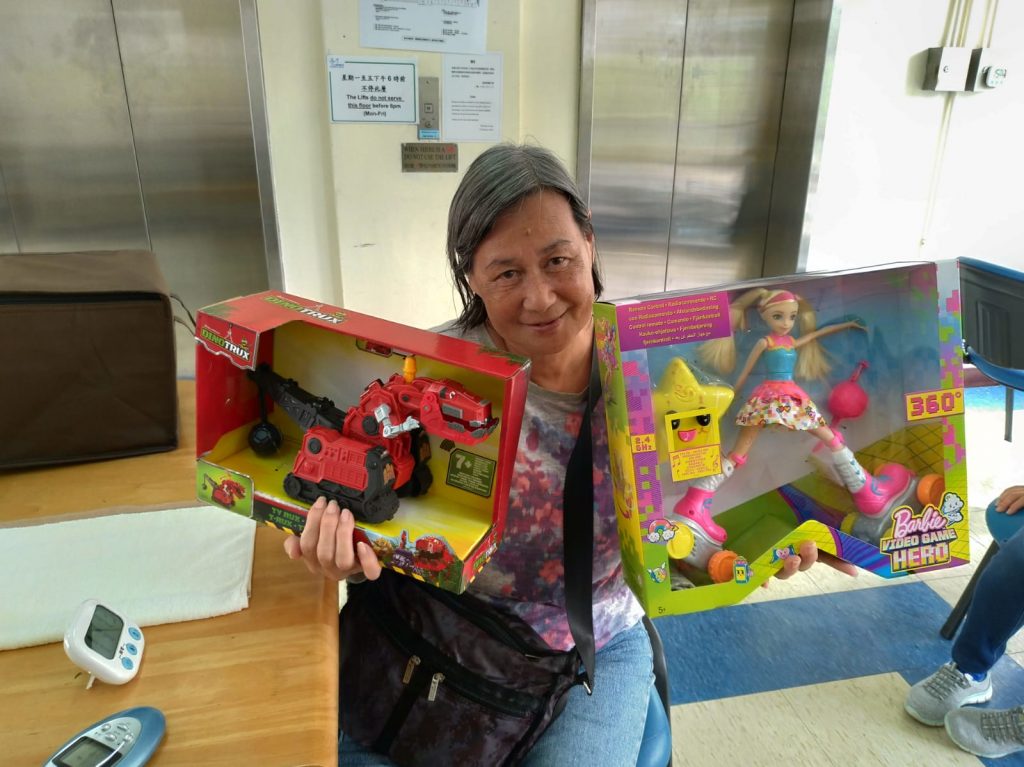
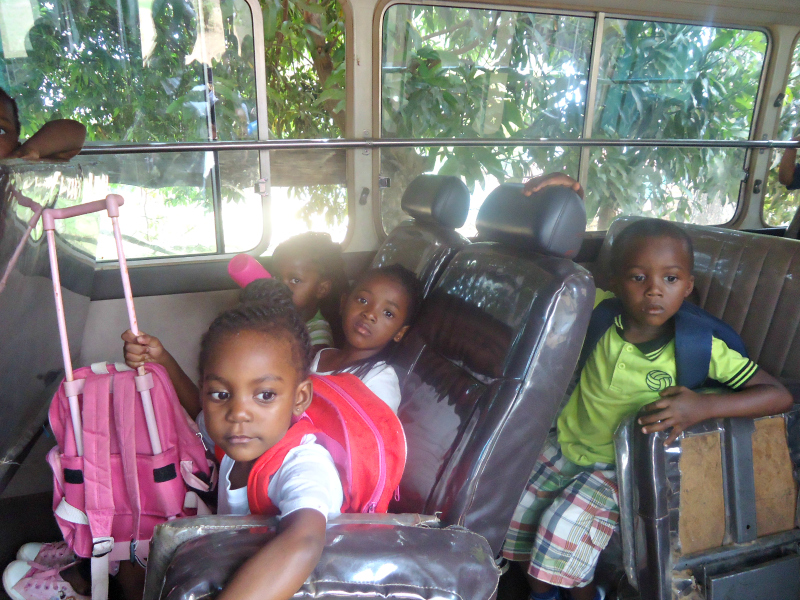
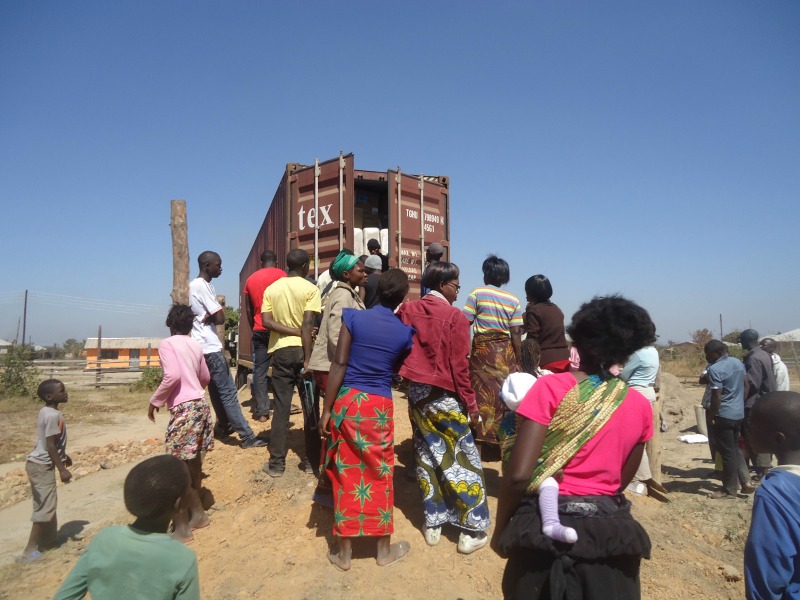
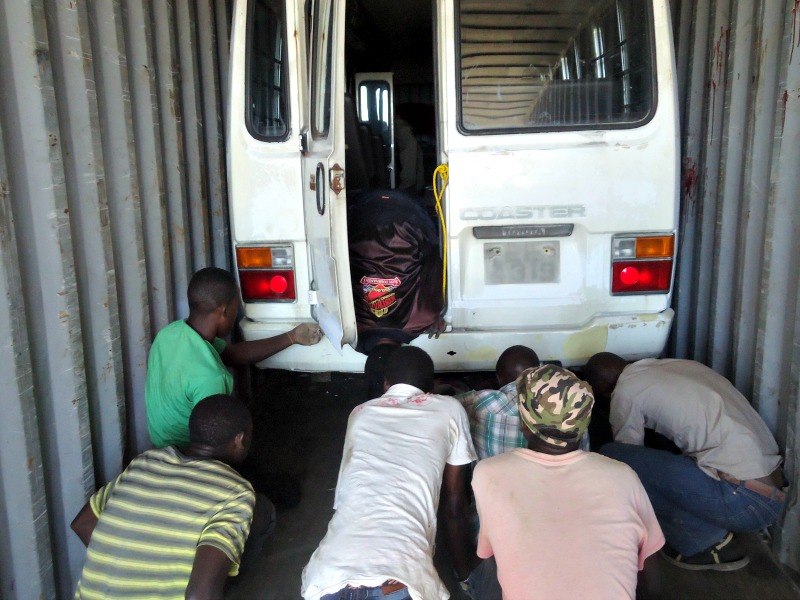
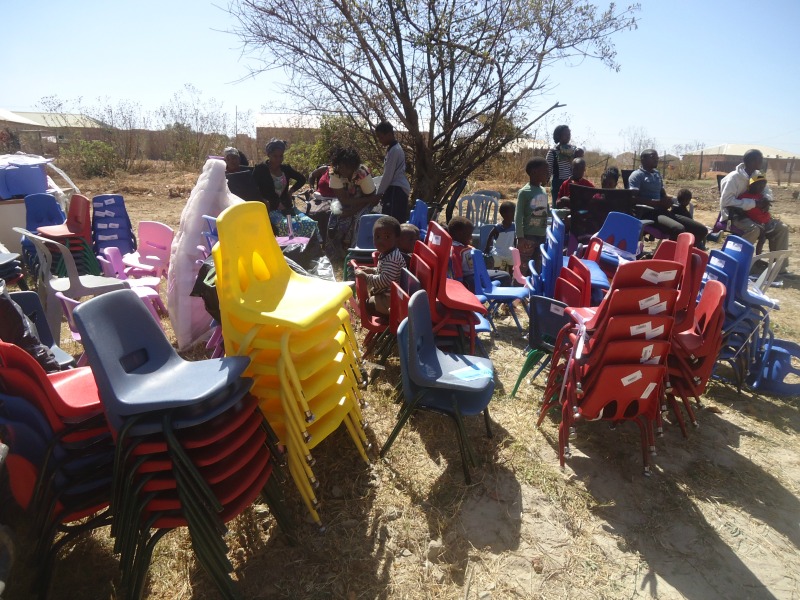
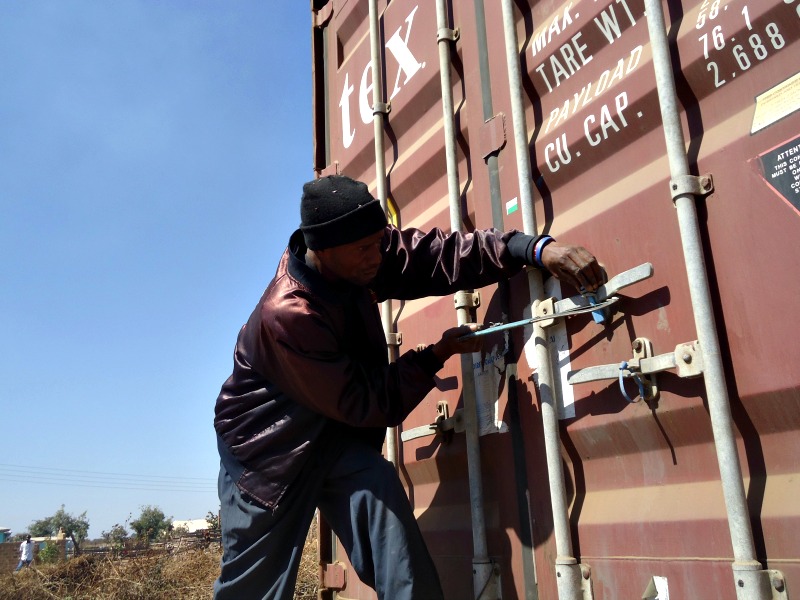
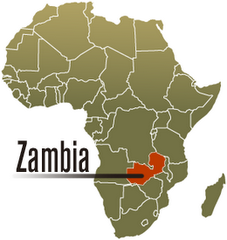
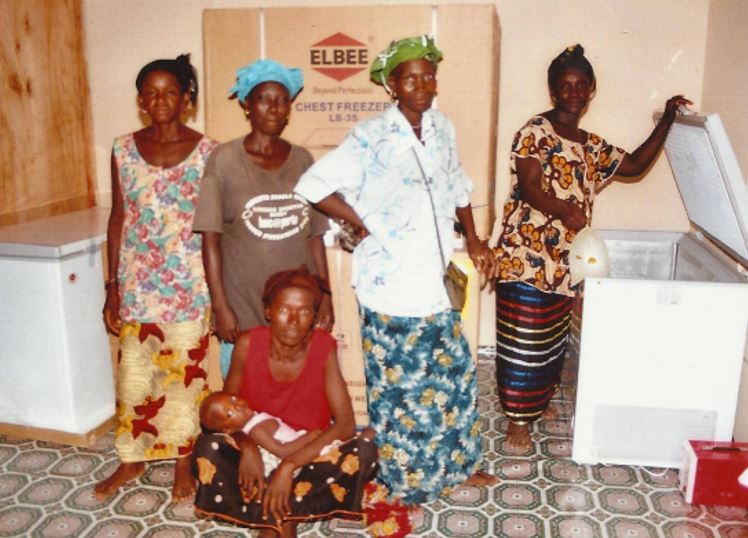
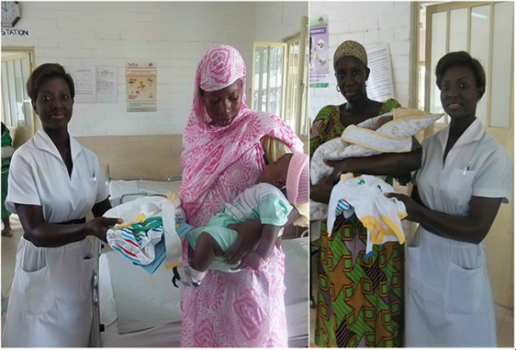
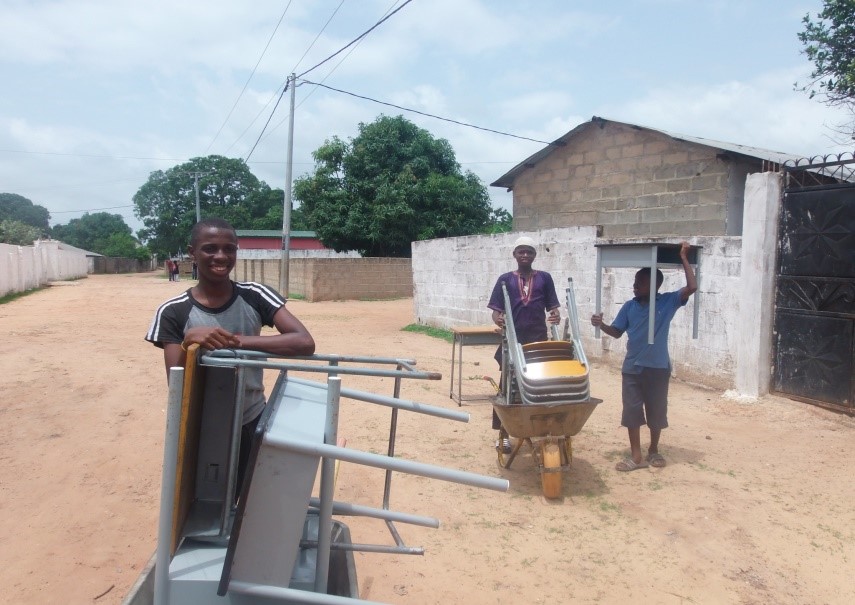
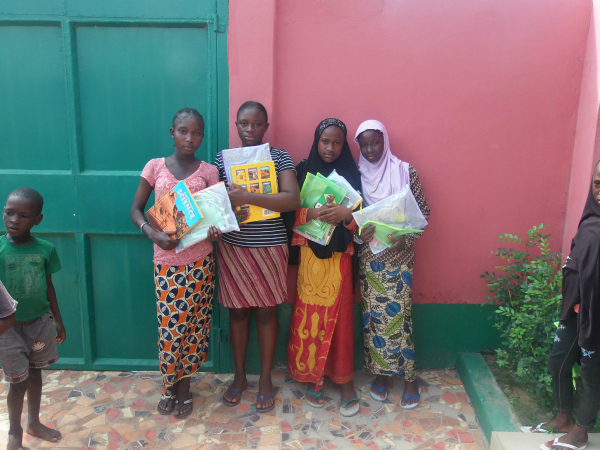
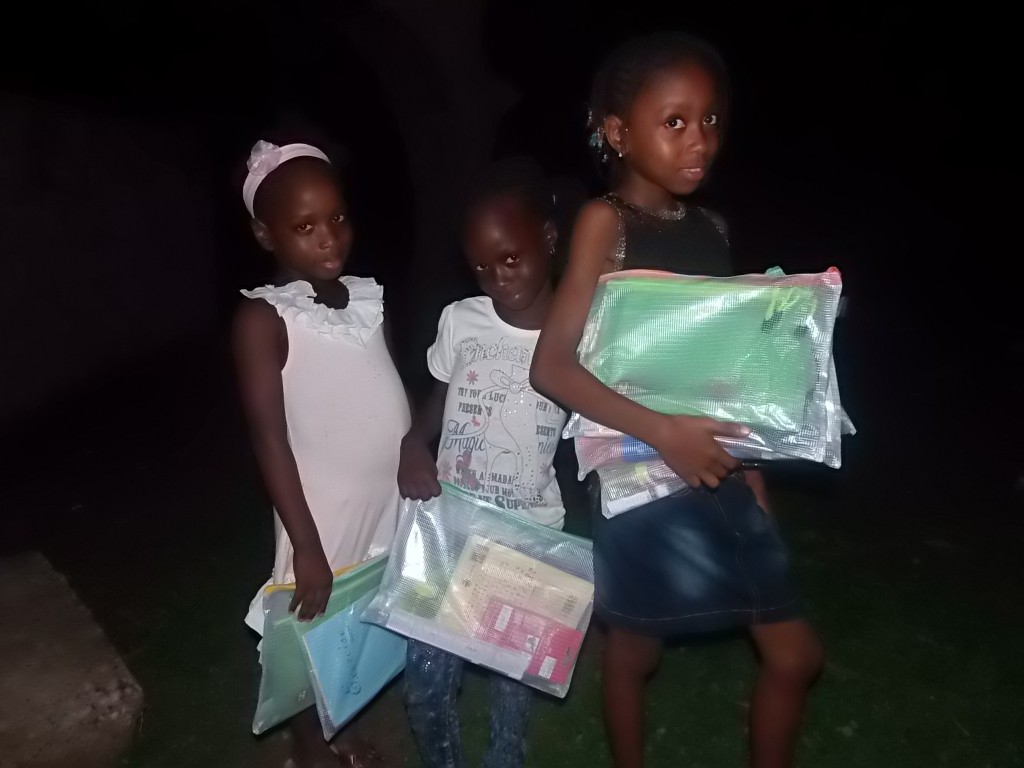
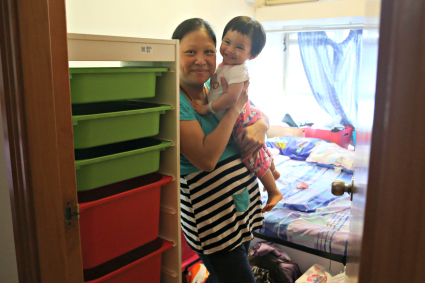 “Light Home is possibly the turning point of my life,” says Mrs Lee, a client of Crossroads’ partner Light Be. The social enterprise organisation arranges affordable housing, or ‘Light Homes’, by connecting Hong Kong landlords with underprivileged families. But it can take more than four walls and a roof to feel like home. Many families can’t afford the upfront costs to furnish their apartments with all the furniture and household goods they need. Crossroads has been privileged to partner with Light Be by supplying some of these items for their clients.
“Light Home is possibly the turning point of my life,” says Mrs Lee, a client of Crossroads’ partner Light Be. The social enterprise organisation arranges affordable housing, or ‘Light Homes’, by connecting Hong Kong landlords with underprivileged families. But it can take more than four walls and a roof to feel like home. Many families can’t afford the upfront costs to furnish their apartments with all the furniture and household goods they need. Crossroads has been privileged to partner with Light Be by supplying some of these items for their clients.